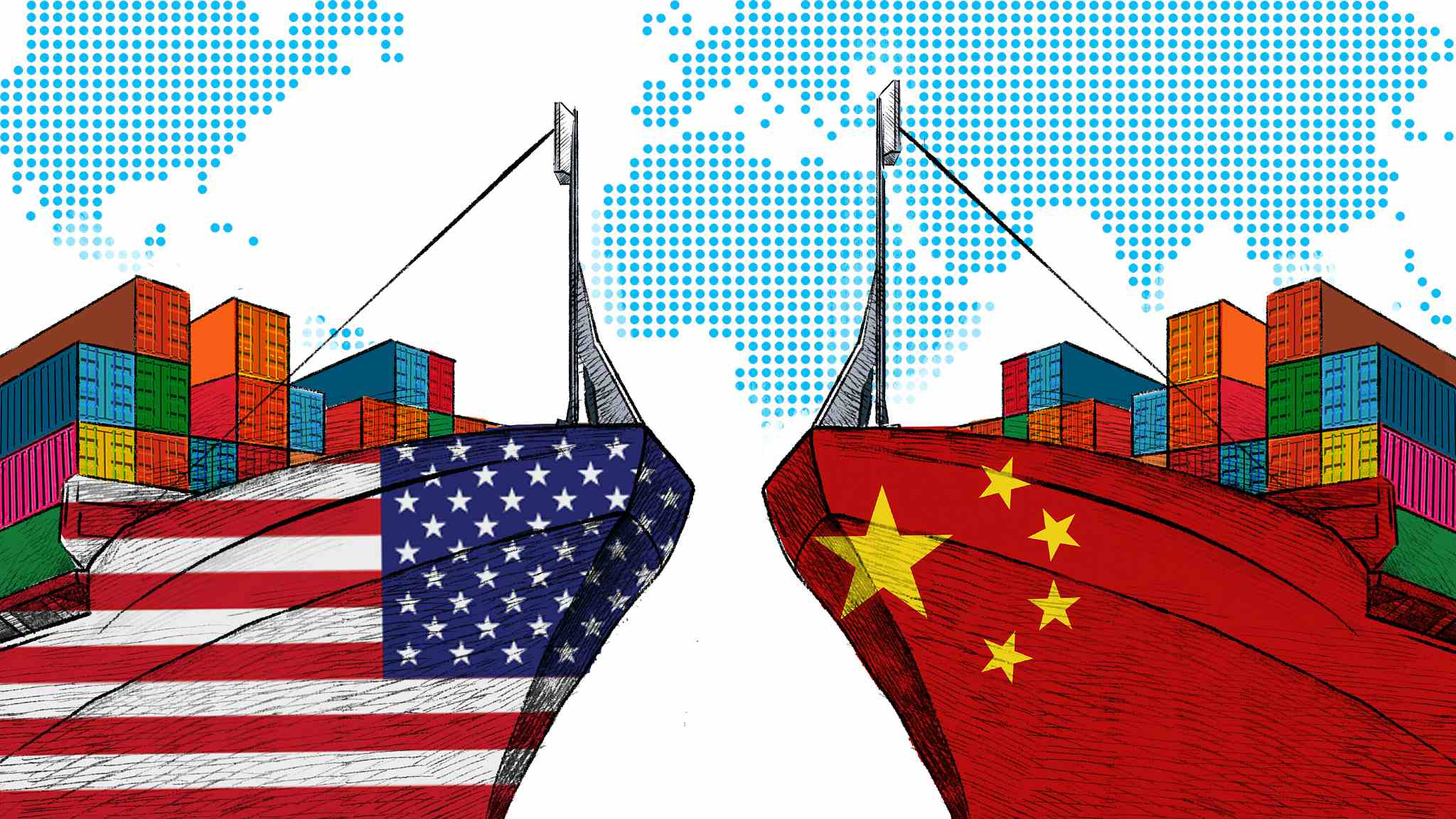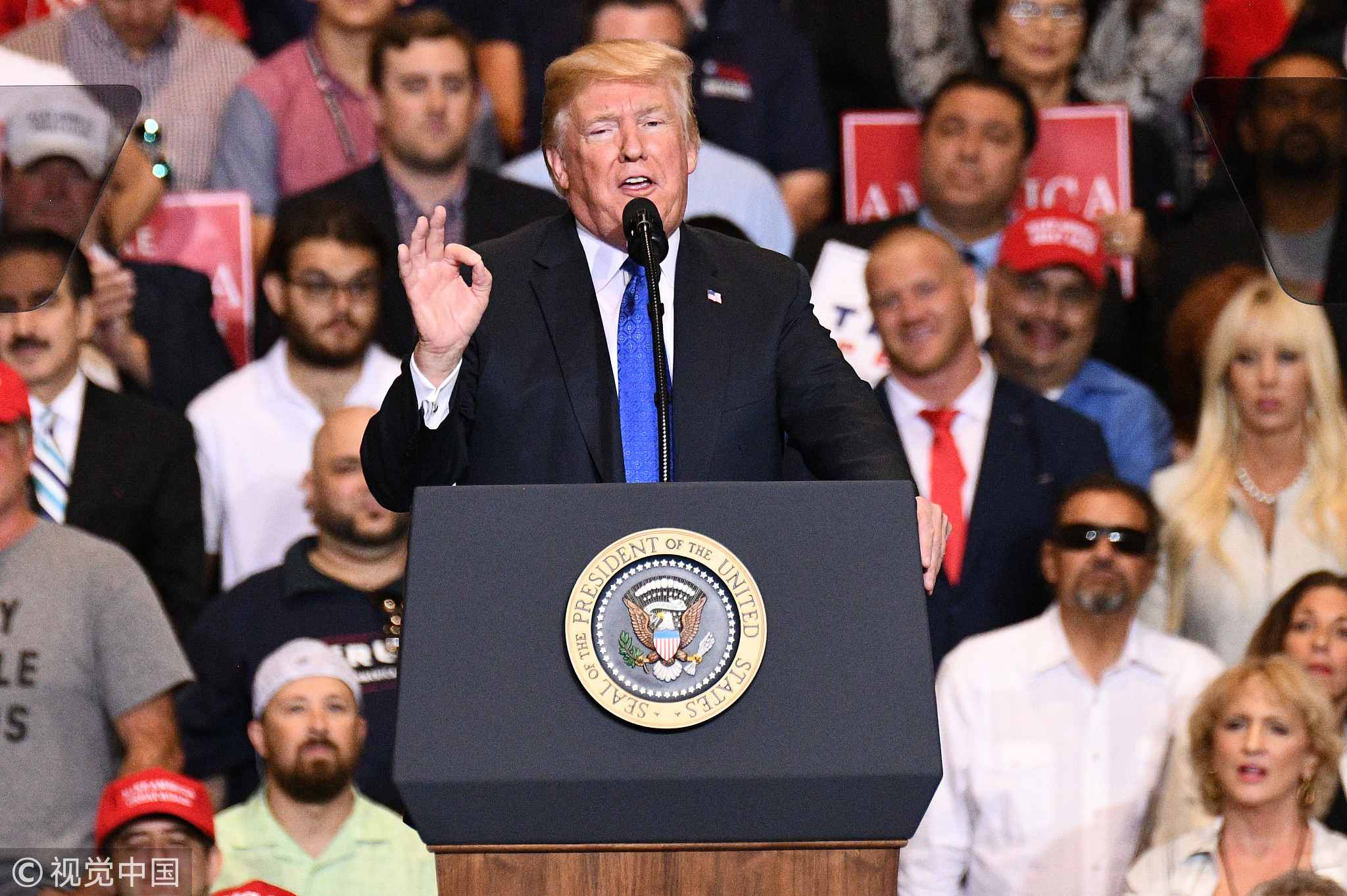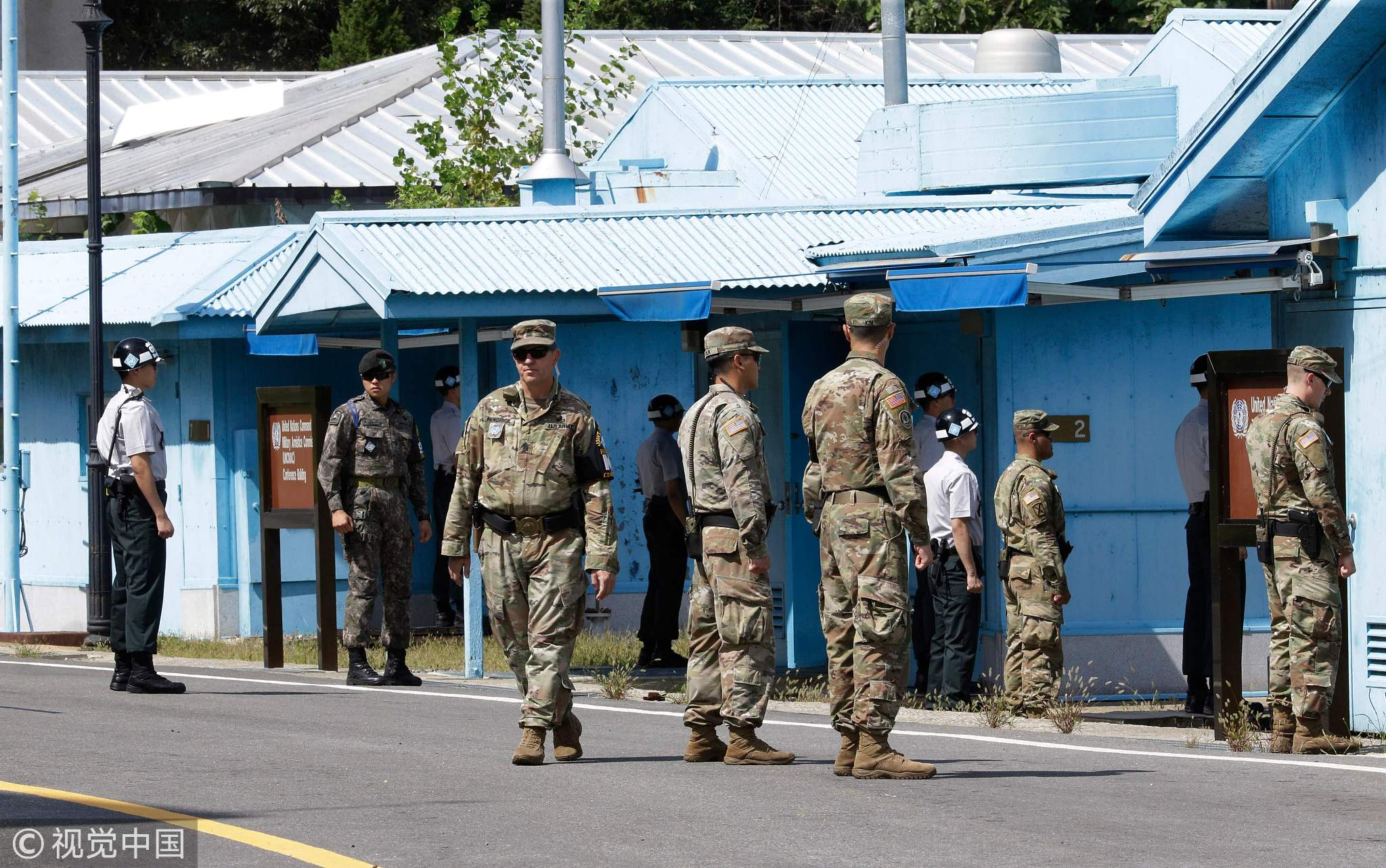
Opinions
16:06, 27-Sep-2018
Opinion: New US tariffs will produce unwanted consequences
Updated
15:17, 30-Sep-2018
Cheng Xiaohe

Editor's note: Cheng Xiaohe is an associate professor at the School of International Studies at China's Renmin University, as well as a senior researcher with The Pangoal Institute. The article reflects the author's opinion, and not necessarily the views of CGTN.
US President Donald Trump's second round of tariffs on Chinese imports came into effect on Sept. 24. As much as 200 billion US dollars' worth of Chinese goods have been levied by an additional 10 percent this year, which will increase to 25 percent next year. China retaliated but on a much less significant scale. The unprecedented US-China trade war was thus escalated into a second stage.
As a result of this latest round in the trade war, about 50 percent of China's exports to the US and 80 percent of US exports to China are now subject to the tariffs. Trump threatened to impose tariffs on 267 billion US dollars' worth of Chinese products in the future, if China keeps retaliating. The trade war is damaging China and the Trump administration continues to play the nasty game based on wrong assumptions.

US President Donald Trump speaks during a rally in Las Vegas, US on Sept. 20, 2018. /VCG Photo
US President Donald Trump speaks during a rally in Las Vegas, US on Sept. 20, 2018. /VCG Photo
First, "the trade war is good and winnable." Trump did not hide his intention to jump into a trade war in an attempt to address some trade issues, but the reality shows that the United States cannot win any war by a landslide.
The progress in trade negotiations between the United States, Mexico and the Republic of Korea (ROK) was a mutual compromise rather than a victory. Fighting a trade war with the second largest economy, whose government has a huge capacity to mobilize all kinds of resources to resist any external pressure, is doomed to be costly, protracted and ultimately fail. Neither the US and China can emerge to be a winner from the trade war.
Second, China can live with the Trump administration's trade bullying. Trump not only wants to cut the trade deficit with China in a dramatic fashion, but also wants to force China to change its industrial policies and economic structure.
It is no secret that the Chinese government formulates new industrial policies from time to time, and it's strange how the “Made in China 2025” plan, which is just another industrial policy, became something the US government strongly opposed on the assumption that it's a threat to the US' technological dominance. This certainly is a gross intervention into China's internal affairs, but it also has the ulterior motive of changing China's economic and political structure and undermining the Communist Party of China.
Third, the trade war is a zero-sum game. As opposed to the traditional mainstream view in the United States that trade is an effective and efficient tool for promoting interstate cooperation, which in turn can help to build trust between various parties, the current US administration tends to perceive trade through a lens of a zero-sum mentality, and seeks to conduct business at the expense of others, thus making trade a life-or-death issue.

ROK and US Army soldiers stand guard at the border village of Panmunjom in the Demilitarized Zone on Sept. 7, 2018./VCG Photo
ROK and US Army soldiers stand guard at the border village of Panmunjom in the Demilitarized Zone on Sept. 7, 2018./VCG Photo
No doubt, the tariffs will increase costs in both countries, make their access to each other market increasingly difficult, and have produced unwanted consequences that serve no countries' national interests.
First of all, suspicion and hostility between the Chinese and American peoples is on the rise and will further complicate two nations' relations. For years, China and the United States have worked hard to promote people-to-people exchanges in order to consolidate the foundation of bilateral relations, now the foundation is in jeopardy as both sides have been pointing fingers at each other.
More importantly, with both sides introducing more measures or countermeasures to the trade war, the antagonism in trade has become increasingly institutionalized, and thus makes a compromise between both countries increasingly difficult. As both China and the United States combat each other in the trade, the friction will more than likely extend and become a self-fulfilling prophecy.
With steadily souring moods in Washington and Pyongyang and a stiffening attitude in or toward negotiations, the exchange of fire in trade between China and the United States will inevitably spill over the fields of security and diplomacy. The United States stepped up its efforts to take advantage of Taiwan issue. Tsai Ing-wen received conspicuously good treatment by the United States. She visited Reagan Library and the NASA's headquarters.
The Sino-US cooperation in dealing with Democratic People's Republic of Korea (DPRK) nuclear and missile weapons also ran into the troubled water after US government's recent sanctions against PLA's Equipment Development Department and its director. The move led to the cancellation of Vice Admiral Shen Jinlong's meeting with his American counterpart Admiral John Richardson. The latest brawl in the security field heightens our serious concerns that the general Sino-American relations are heading to a new Cold War.
In short, rolling out the second round of tariffs does no good in settling the trade dispute between China and the United States but further poisons the general atmosphere for talks. Under fresh pressure from the United States, China was forced to cancel the planned trade meeting, as China did not want to enter into a negotiation when the United States is putting a knife to China's neck.
China wants to end the trade war with the United States as early as possible because it is aware that there is no winner in this war. On the one hand, the trade war will have adverse effects on China, but on the other, the US has become a big loser in its own trading system.
In conclusion, a trade war serves no nation's interest. US' bullying of China in trade will produce unwanted consequences that may redefine the future of Sino-American relations and the world.
(If you want to contribute and have specific expertise, please contact us at opinions@cgtn.com.)

SITEMAP
Copyright © 2018 CGTN. Beijing ICP prepared NO.16065310-3
Copyright © 2018 CGTN. Beijing ICP prepared NO.16065310-3